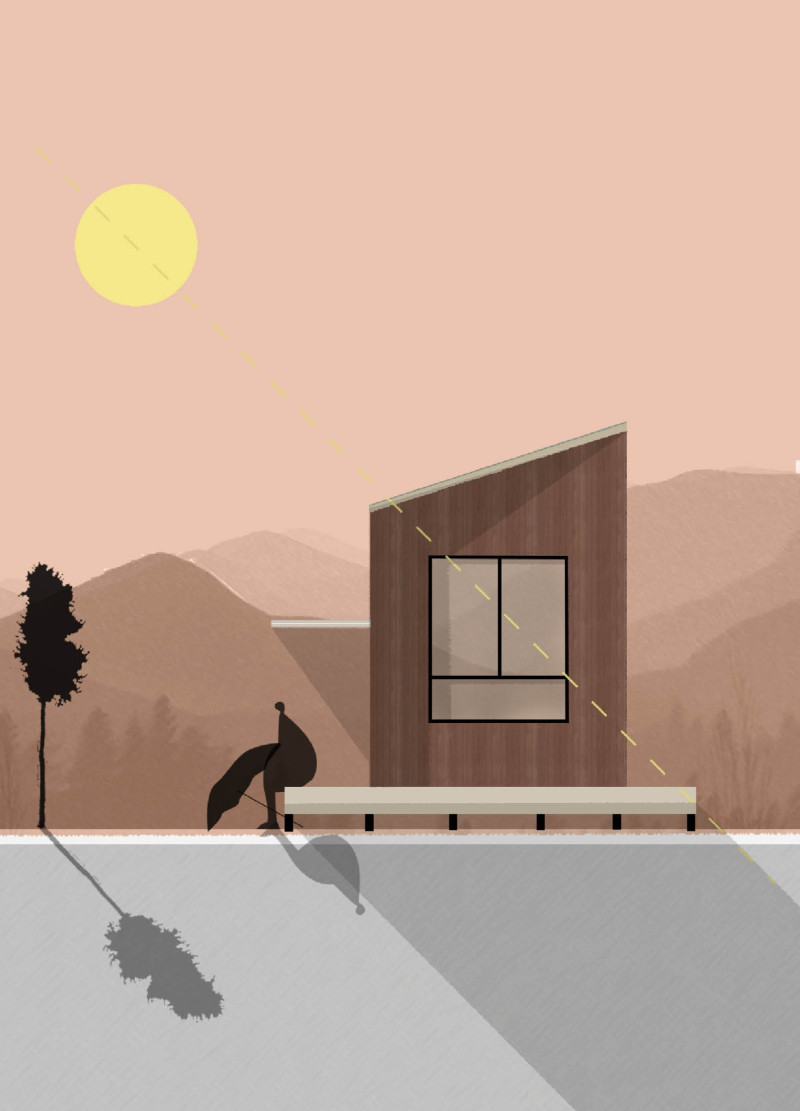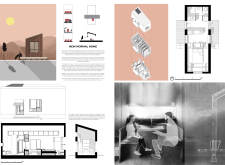5 key facts about this project
The project addresses the modern need for adaptable living spaces that prioritize health and safety in light of the COVID-19 pandemic. Located in an urban context, the design emphasizes hygiene, open areas, and sustainable practices. This careful approach aims to enhance daily living experiences while considering the physical and mental well-being of residents.
Hygiene and Cleanliness
A strong focus on hygiene is clear with the inclusion of washbasins at the entrance of each dwelling. This feature allows residents to wash their hands as soon as they enter, promoting cleanliness and safety. Such attention to health-oriented design responds to current needs and emphasizes its importance in daily routines.
Open Spaces and Ventilation
The design effectively incorporates open areas like balconies and terraces that facilitate natural airflow and provide outdoor access. These spaces are important for improving indoor air quality and allowing residents to connect with the outdoors. By encouraging outdoor interactions, the design helps mitigate feelings of isolation that many have experienced.
Adaptable Spatial Arrangement
Flexibility in the interior layout ensures that spaces can be adjusted based on the needs of the residents. Distinct living areas maintain privacy while promoting comfort in various daily activities. This adaptability supports different lifestyles and can accommodate changing needs over time.
Sustainability Features
Sustainable construction practices play a key role in the overall design. The use of modular construction allows for efficient building processes and material reuse. Additionally, eco-friendly solutions, such as solar panels and rainwater collection systems, reduce the environmental impact of each residence. These elements also offer long-term benefits by decreasing energy and water costs.
The integration of these features creates a living environment that supports health and well-being. Clear attention is given to both individual and community needs, fostering a sense of safety and responsibility toward the planet.




















































